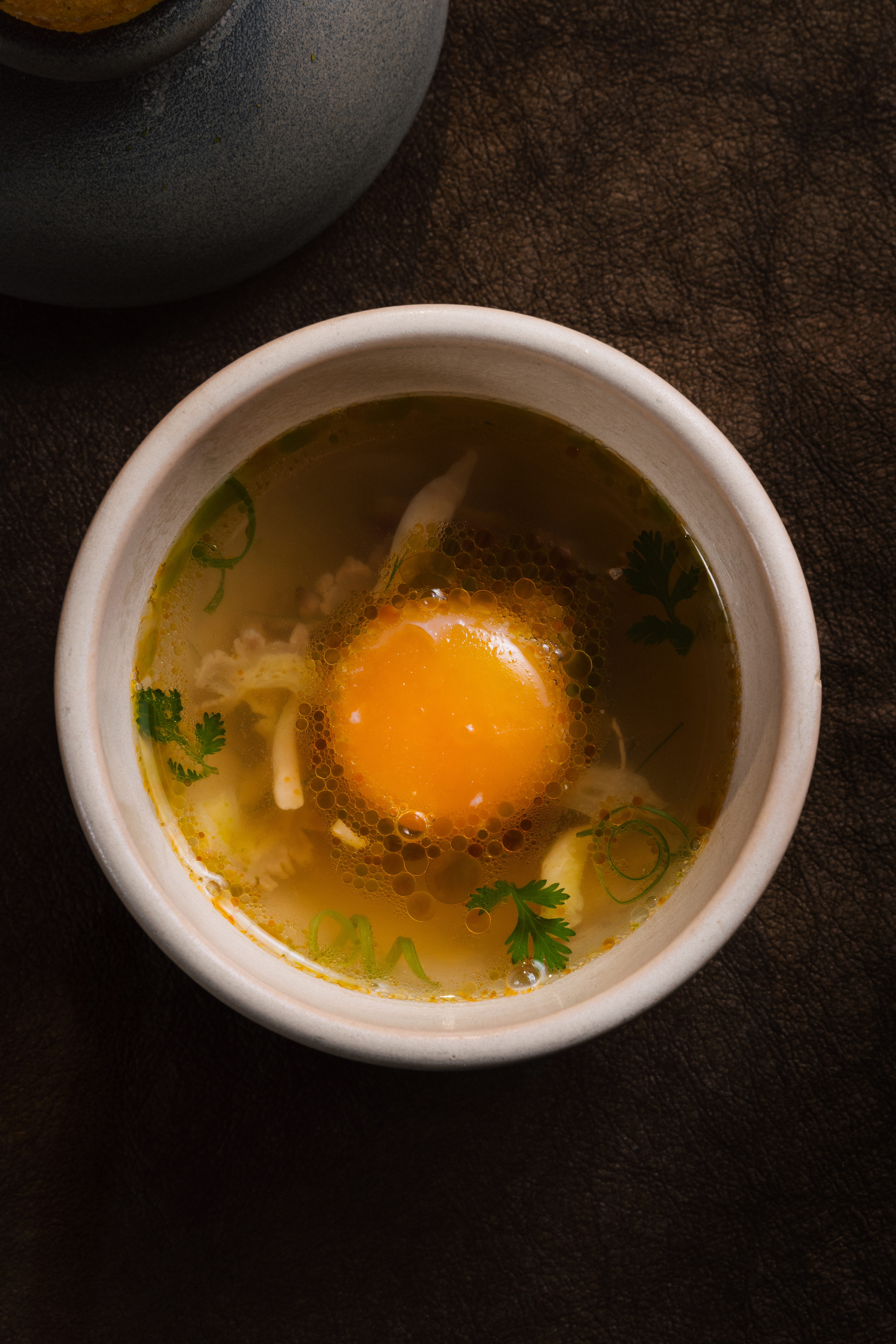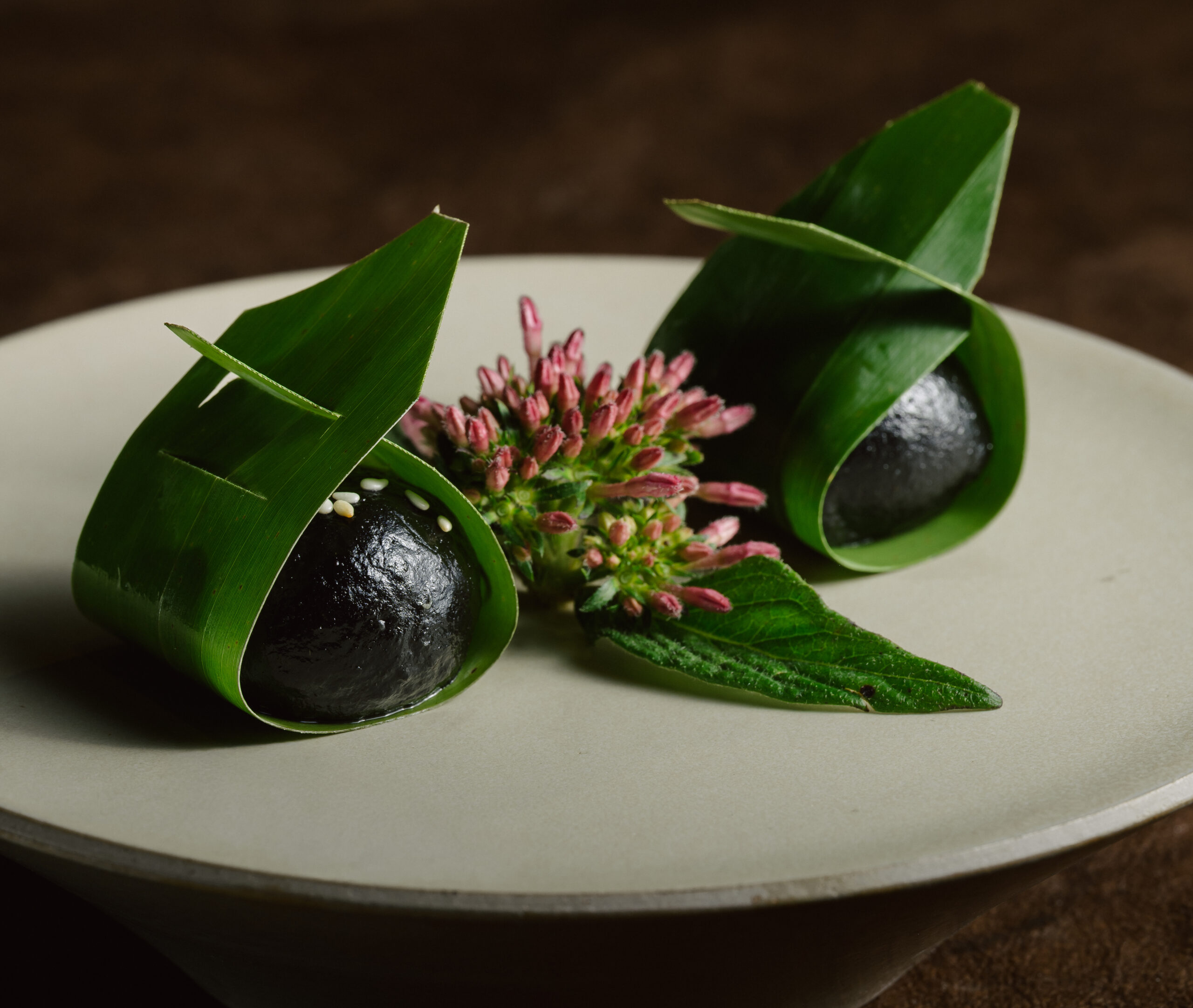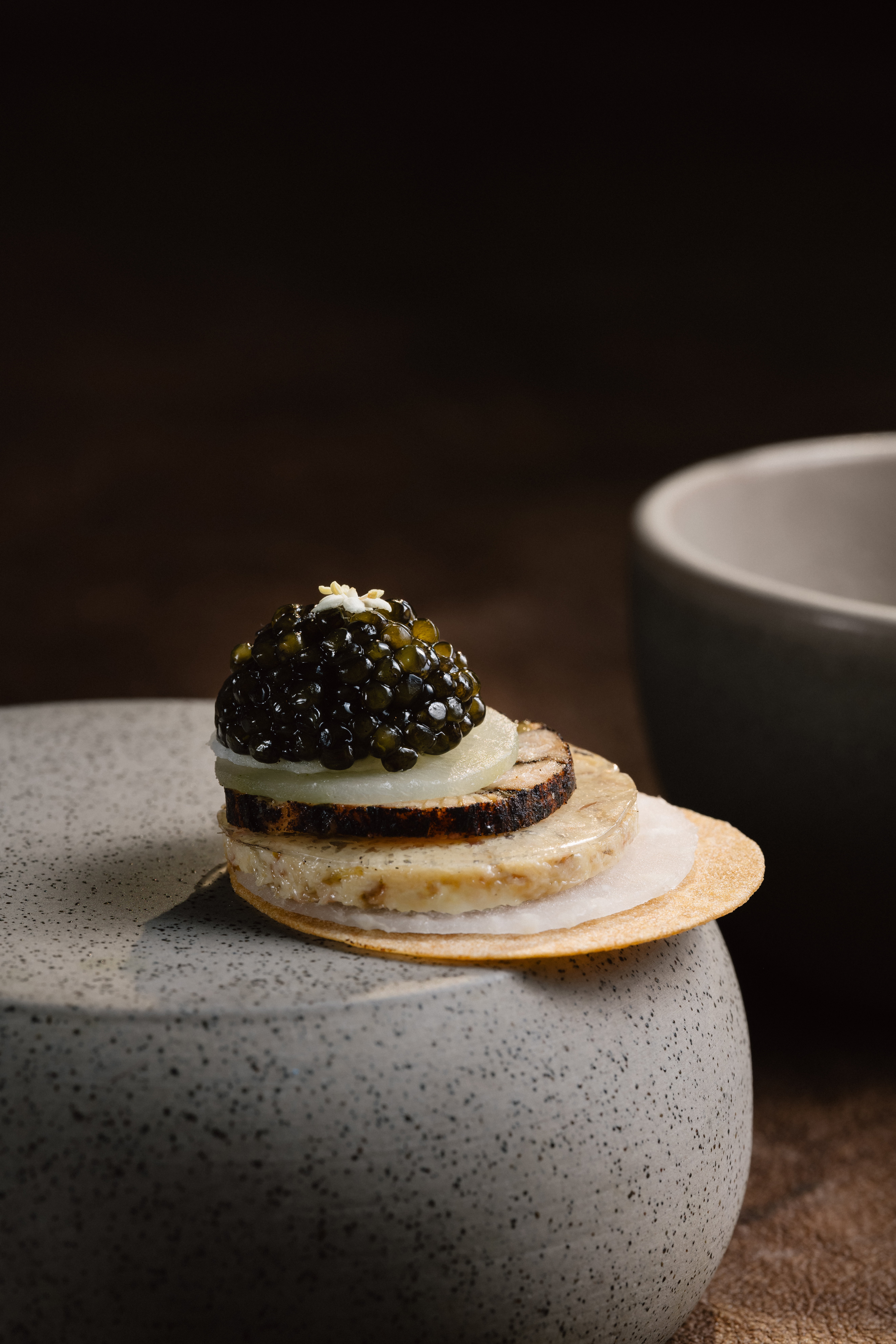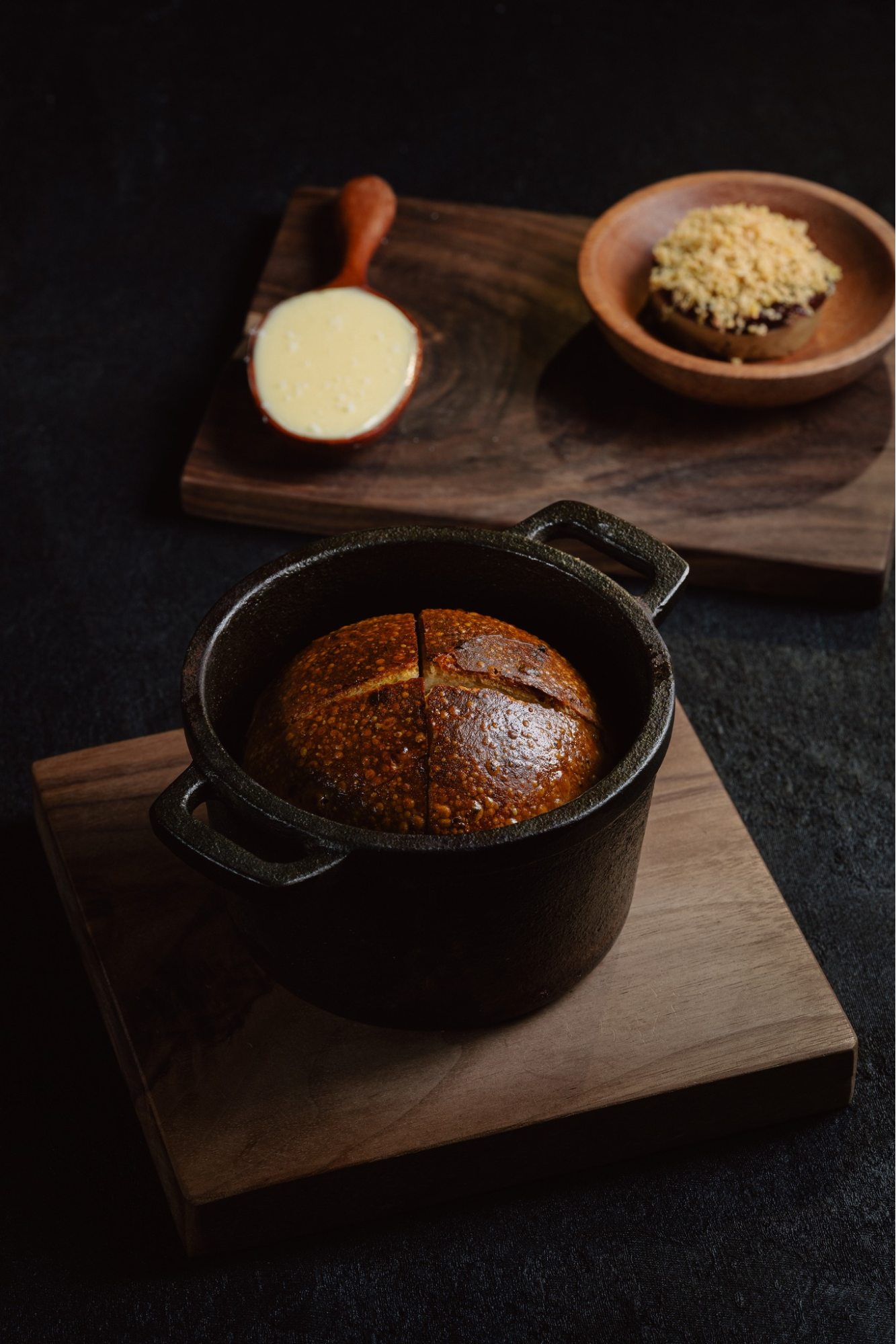Hanoi farm-to-table restaurants are ushering in a new era of dining in Vietnam’s capital. As the city’s culinary landscape evolves, diners are looking far beyond the beloved staples of Vietnamese cuisine — like phở, bánh mì, bún chả — and discovering a beautifully plated dish, that tells a deeper story: one rooted in soil, seasonality, and sustainability. At Chapter Dining, that story begins long before a guest lifts a spoon. Our chefs spend dawn hours visiting small plots in My Duc, and partnering with ethical cooperatives that share our belief in a transparent, local supply chain. Every leaf, every grain, and every cut of meat on our Chapter menu is chosen to safeguard health, flavor, and the planet’s future.
Table of Contents
What is “Farm to Table”?
Put simply, farm‑to‑table is the practice of sourcing ingredients directly from nearby farms and serving them at peak freshness.
The movement gained momentum in 1960s–70s California, when chefs and food activists began challenging a growing dependence on industrial agriculture. Concern over pesticide use, factory farming, and the decline of family farms sparked a radical idea: shorten the distance between farm and plate. Over 5 decades, that idea has spread from America to Asia, transforming how people eat, grow, and think about food.
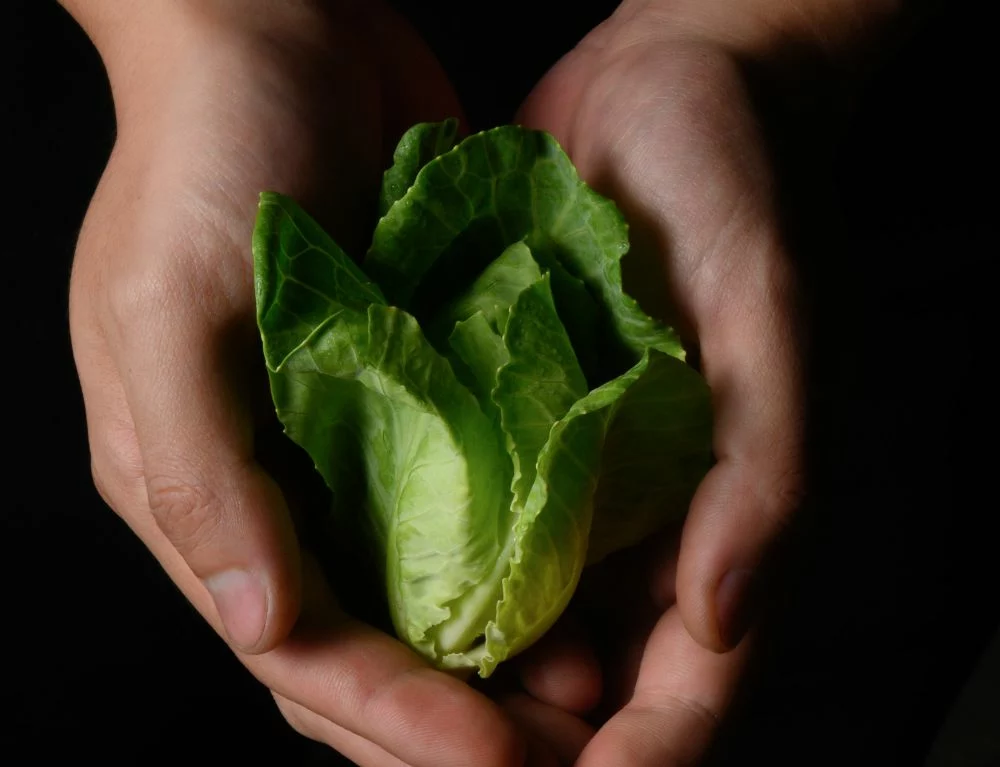
The future of Hanoi Farm-to-Table restaurants
Dining at a Hanoi farm‑to‑table restaurant delivers benefits that ripple far beyond the palate:
Unrivaled freshness and flavor: Produce harvested at dawn often arrives in kitchens before dinnertime, locking in nutrients and natural sugars.
Lower carbon footprint: Fewer refrigerated trucks, planes, and ships mean fewer greenhouse‑gas emissions.
Support for local livelihoods: Partnering directly with farmers keeps profits within rural communities, helping preserve farmland and biodiversity.
Monitor nutritional integrity: Understanding the source is just as important as selecting the ingredient. Our chefs dedicate time to studying and observing how crops are grown and animals raised across the Northern Vietnamese landscape. This hands-on approach allows us to verify food safety standards while championing sustainable agricultural practices. By establishing direct relationships with local farms, we are able to ensure not only clean, nutritious ingredients but also the long-term well-being of the land and people who nurture them.
At the same time, operating a genuinely sustainable kitchen is not without challenges. Chefs must master seasonality, adapt menus to yearly weather shifts, and navigate temporary shortages when storms or heatwaves strike. Yet these very challenges foster creativity, resilience, and a deeper respect for Vietnam’s agricultural rhythm.
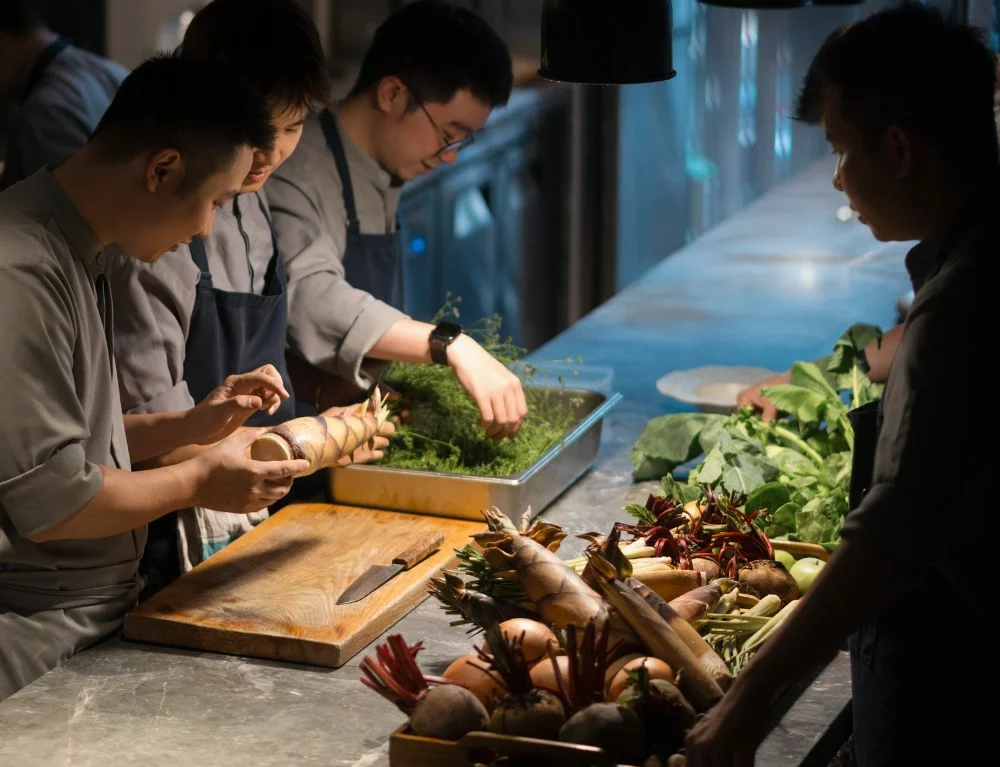
Why Farm‑to‑Table matters to health and planet?
Scientists and dietitians agree that local, minimally processed produce offers superior nutritional density. A single peach eaten hours after harvest can contain more vitamin C than one shipped for weeks. Likewise, leafy greens spared lengthy refrigeration retain delicate phytonutrients that fight inflammation.
For climate, localized supply chains require less packaging, refrigeration, and storage. Each kilometer shaved off a tomato’s journey cuts diesel emissions and preserves flavor. As Hanoi farm‑to‑table restaurants scale up, the cumulative effect on urban sustainability can be profound: cleaner air, reduced traffic congestion, and thriving peri‑urban green belts.
How Farm-to-Table shapes Chapter’s culinary identity
Sustainability sits at the core of everything we do at Chapter Dining — ingredient sourcing, preparation, plating, and even the stories we share tableside. Our goal is to offer guests meals that are not only delicious but demonstrably beneficial for people and planet.
- Responsible resources: We design dishes nose‑to‑tail and root‑to‑stem.
Take the Quang Ninh grouper from our Chapter Sunshine menu, for example. Each firm, succulent fillet of grouper is carefully air-dried in a chilled environment for two days, reducing moisture to ensure a perfectly crisp skin when grilled, while preserving the fish’s natural sweetness and delicate texture. The grilled grouper is served with a mixture of diced water bamboo, roasted leeks, charred beans, vinegar, salt, pepper, and a touch of sugar — creating a balanced and nuanced base for the dish.
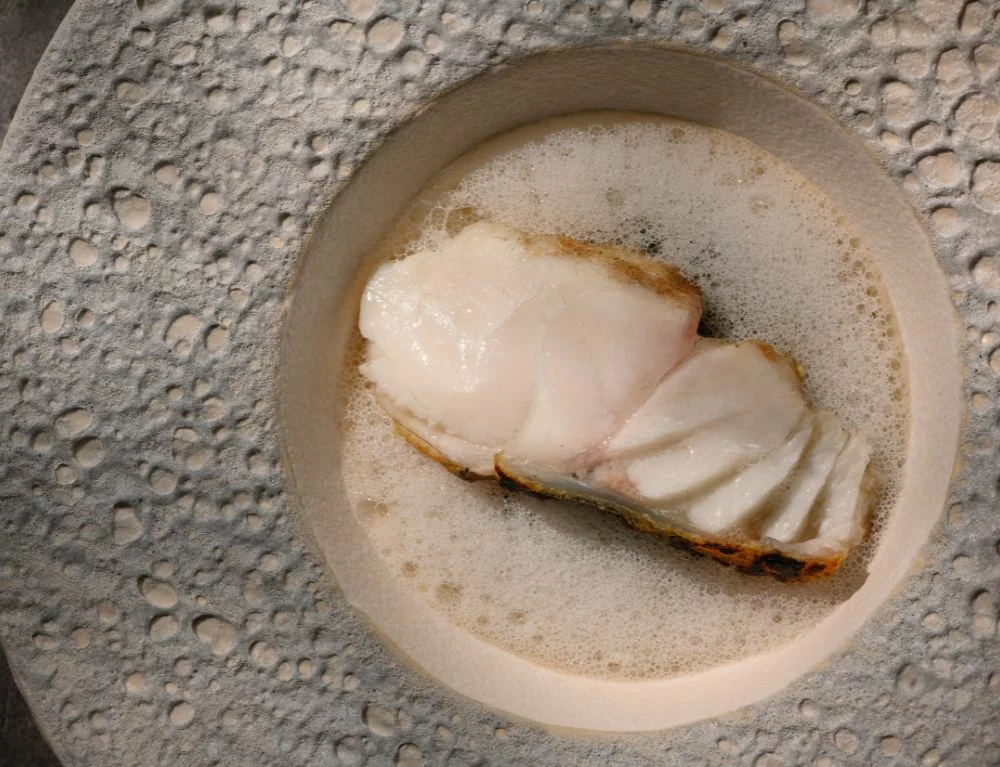
- Waste reduction: Every dish we create is designed with purpose — and that includes how we manage what remains. Kitchen trimmings and organic matter are collected and fed into our on-site composter, returning to the soil of our partner farms as rich, natural fertilizer. But our zero-waste mindset starts well before the bin. From the first step of preparation, our chefs consciously minimize waste, creatively reimagining by-products into flavor-packed elements.
In the Chapter Earth Call menu, our Wagyu with Black Garlic dish tells this story beautifully. The leftover beef trimmings and tendons are marinated in Mai Que Lo wine, garlic, and Mac Khen, following the curing style of traditional lạp xưởng. These are roasted to unlock their full aroma before being simmered into a deep and layered sauce.
- Healthy ecosystems: By choosing farms that avoid destructive chemicals, we support insect life, clean water, and nutrient‑rich soil that nourishes future harvests.
Farm‑to‑table, for us, is therefore a commitment: to transparent sourcing, to the dignity of local producers, and to the wellbeing of guests who trust us with their meals.
Chapter’s sustainable manifesto – Partnerships with local farms
True progress is collaborative. Two partnerships exemplify how Chapter translate farm-to-table philosophy into practice.
Organic hillside produce from My Duc local farm: Just 30 kilometres southwest of Hanoi, a cluster of organic gardens in Mỹ Đức supplies us with morning‑picked herbs, heirloom tomatoes, and tender baby greens. Further north, Hmong and Dao families cultivate vegetables on terraced slopes, where cooler nights build slow sweetness in root crops and stone fruit. Because we buy directly, farmers receive fair prices, reinvest in soil health, and pass agronomic knowledge to their children.
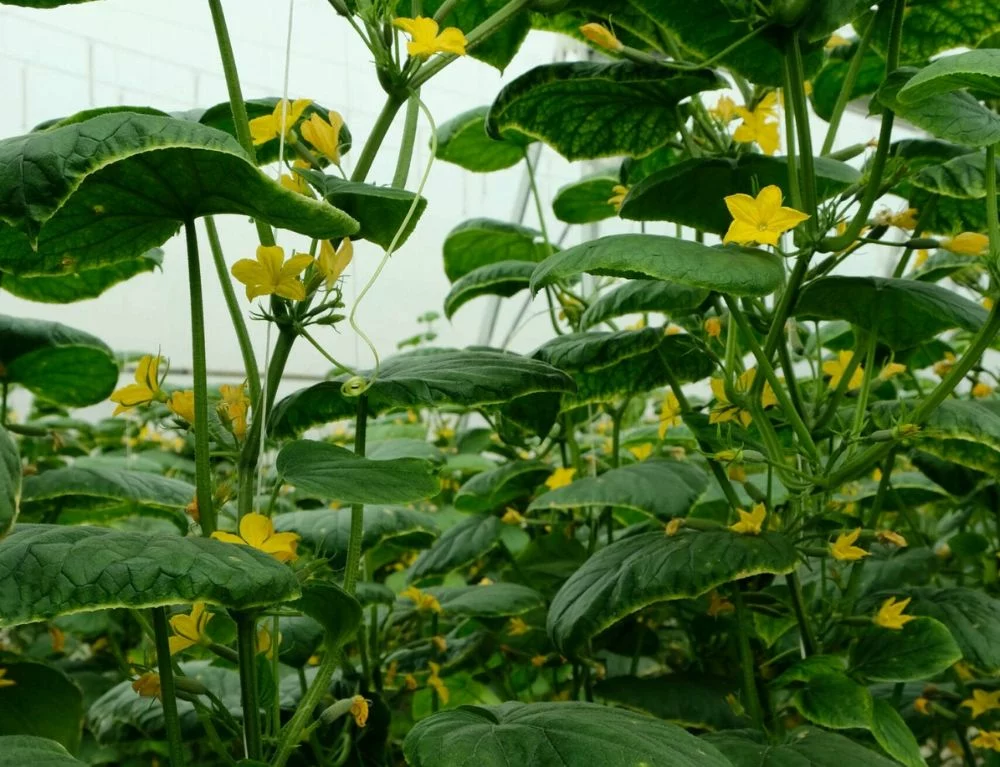
Ethical pigeons from Quoc Anh Cooperative: For our signature pigeon dish, we partner with Quoc Anh Cooperative, a pioneer in eco‑smart poultry. Their bio‑mattress system layers rice husk and microbial enzymes beneath each roost, capturing waste, reducing odor, and generating compost for local orchards. Birds roam stress‑free and antibiotic‑free.
With the pigeon dish in the Chapter Earth Call menu, we continue to pursue the ‘from head to tail’ cooking method, meaning we utilize the entire pigeon without waste. The breast is carefully filleted, stuffed with mushrooms, and becomes a delicate main course on the banquet table. The thigh meat is turned into a fragrant, soft bao bun filling. The bones are used to create a rich sauce and consommé with wolfberries, mushrooms… All together, bring a warm, comforting flavor to those cold winter days.
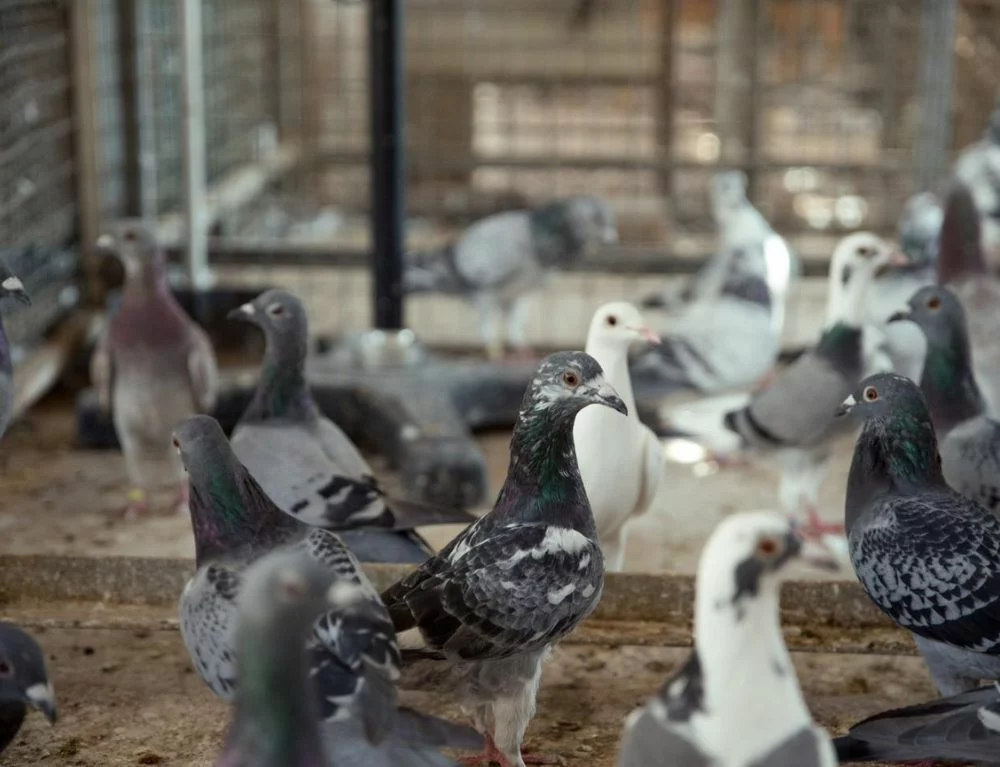
We opened with the promise that Hanoi farm‑to‑table restaurants are redefining dining in the capital. At Chapter Dining, that philosophy guides every choice we make. By supporting local farmers, honoring Vietnam’s biodiversity, and crafting menus that echo the seasons, we believe we serve more than food. We serve a vision of a healthier, more connected future. We invite you to join us in this Northern Vietnamese culinary journey. Choose plates that carry the taste of nearby fields. Celebrate ingredients that speak of time and place. Together, one delicious meal at a time, we can nourish our bodies, uplift our communities, and care for the planet we all call home.
_________
Chapter Dining
12C Chan Cam, Hoan Kiem, Hanoi
Mon – Sat from 18:00 – 23:00
Tel: +84 333 201 221 – Reserve a table
Email: reservation@chapter.vn

